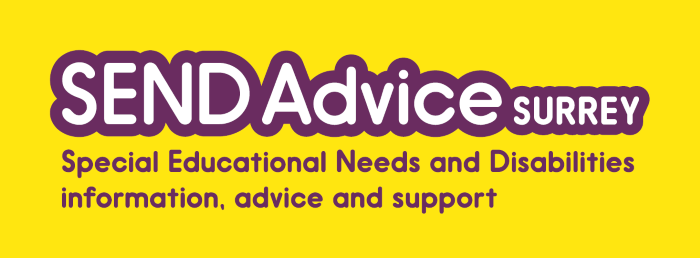Appeals and mediation
Mediation
Contents
- Introduction
- When to appeal
- Mediation
- How to appeal
- Change or withdraw your appeal
- What happens at the hearing
- If you win your appeal
- If you lose your appeal
- Other types of hearing
- Appealing for an independent setting
In most cases, you must consider mediation before you appeal to the tribunal. Mediation is when an impartial professional (the mediator) helps both sides work out an agreement. It's confidential and usually quicker than going to the tribunal.
You do not have to consider mediation if your appeal is only about which school or other institution you or your child should attend, Section I of the Education Health and Care (EHC) plan.
A mediation adviser will explain how mediation works. If you want to go ahead, they'll bring you and Surrey County Council (and any other parties you would like to be involved, such as school) together to discuss the problem. At the end of the process, they'll give you a mediation certificate. You'll need this if there has not been a positive outcome and you still want to appeal. If you do not want to go ahead with mediation before making an appeal request, you can just ask Global Mediation to issue you with the certificate.
